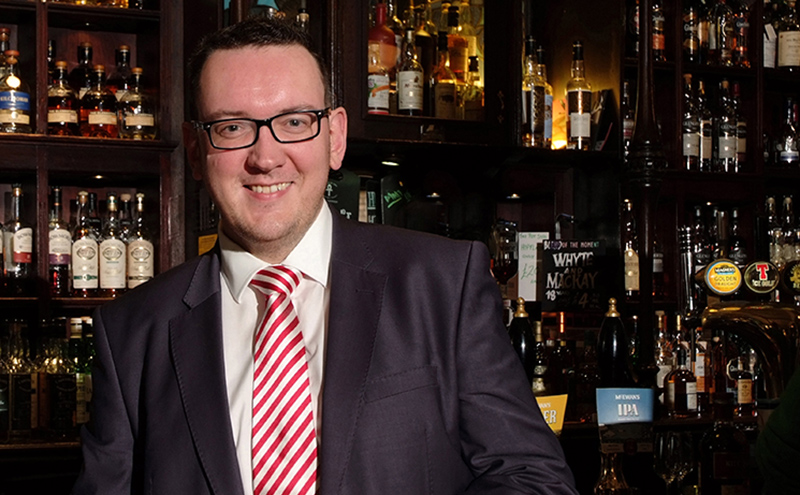The Scottish Government’s attitude towards late-night venues betrays a lack of understanding, writes Stephen McGowan

Many nightclub businesses are reeling from the recent vaccine certification announcement. Amongst the concerns is that Government appears to struggle to comprehend the vast array of businesses which make up the cultural kaleidoscope of the night time economy. Those of us in and advising this sector can offer bruising experiences when it comes to the imposition of blunt legal definitions to achieve significant restrictions at short notice. An operator may well ask: “am I a nightclub?”. It is a good question.
Definitional issues are abundant in post-COVID society: consider the grants affecting cultural venues, live music venues, bingo clubs, soft play centres, brewers and nightclubs; consider what may or may not constitute a “meal” (Scotch egg, anyone?). All parties will undoubtedly be keen to avoid another “cafegate”, when the term “licensed cafe” and its related criteria was created on the hoof. These are, it is to be hoped, valuable lessons.
The vaccine passport law is not yet approved by Parliament in principal, far less on the statute book, so an exploration of the nightclub question requires clairvoyance and caveats. What we do know, is that the Scottish Parliament purposefully ended the old definitional approach when the Licensing (Scotland) Act 2005 introduced a single alcohol licence for any type of business – the premises licence, back in 2009. One of the chief reasons was to move away from the fading categorisations of licence which had become, it was said, redundant and inflexible given the now fluid patterns of trade.
In the brave new licensing world, we had a system which honoured market forces by allowing a licence to be whatever the holder wished it to be – as long, of course, as that was met with approval by the local licensing board.
Fast forward to 2021. Proposing a vaccine passport law which only applies to “nightclubs” is a problem: no such definition exists. We have hybrid venues. We have multi-functional arts and cultural venues. We have single-licence premises trading different areas under different brands and concepts. We have hipster bars and good old-fashioned boozers open till 3am. It is accepted that some venues will fall into a day-to-day (or should that be night-to-night) definition of a “nightclub”. But what of the operator who runs the “bar” next door to the “nightclub”, which also trades till 3am and which also puts on DJs and dancing?
The potential for inconsistency is in abundance.
We have yet to see evidence that the night time industry is at fault for rising case levels in Scotland, (especially as they only opened two weeks ago), or indeed at any time across the pandemic. The fact is that, to date, no such evidence has ever been produced, nor have any impact assessments on the collateral damage to the sector and its demographics.
The first minister has made, with tongue in cheek, remarks about the passage of time since she was last in a nightclub. The clinical director infamously attracted scorn when he described nightclubs as “dim and dingy” basement venues. For those in the nightclub sector, it is perhaps not too unsurprising that they may feel detached from lawmakers. It is this same detachment that can lead, regrettably, to poor law and unintended consequences. Operators feel unjustly targeted.
Nightclubs have been the hardest hit in hospitality – first to close, last to open, and now in line for what most will concede is an extreme (though some will argue proportionate) infringement on basic freedoms.
It is galling for operators that the basis for this appears not to be founded on any bedrock of probative evidence, but on behavioural assumptions by policy-makers who yet again did not consult with them prior to the announcement, and by their own words and actions possess an underdeveloped sense of how this culturally and economically important part of society actually works.
So what is a nightclub? It may not be quite what the Scottish Government thinks it is.
Stephen McGowan is a partner and head of licensing (Scotland) at TLT LLP.























